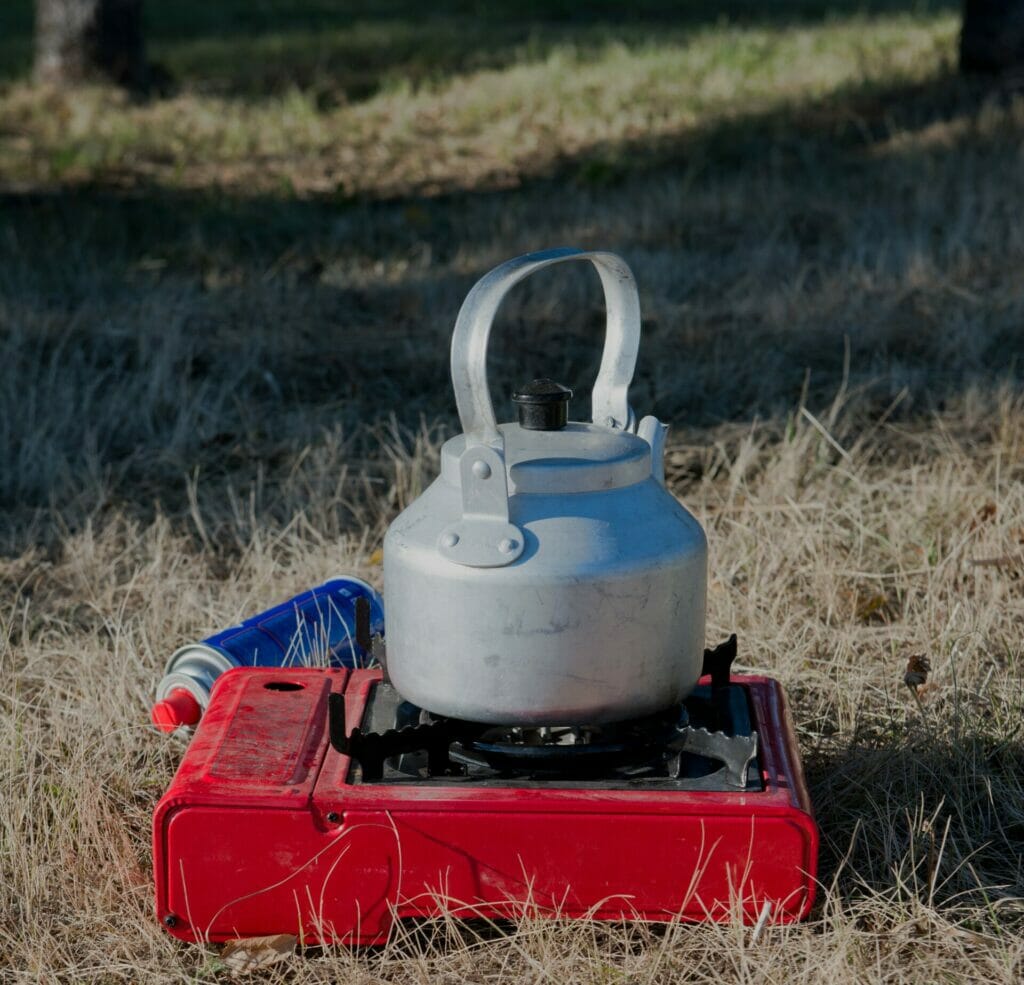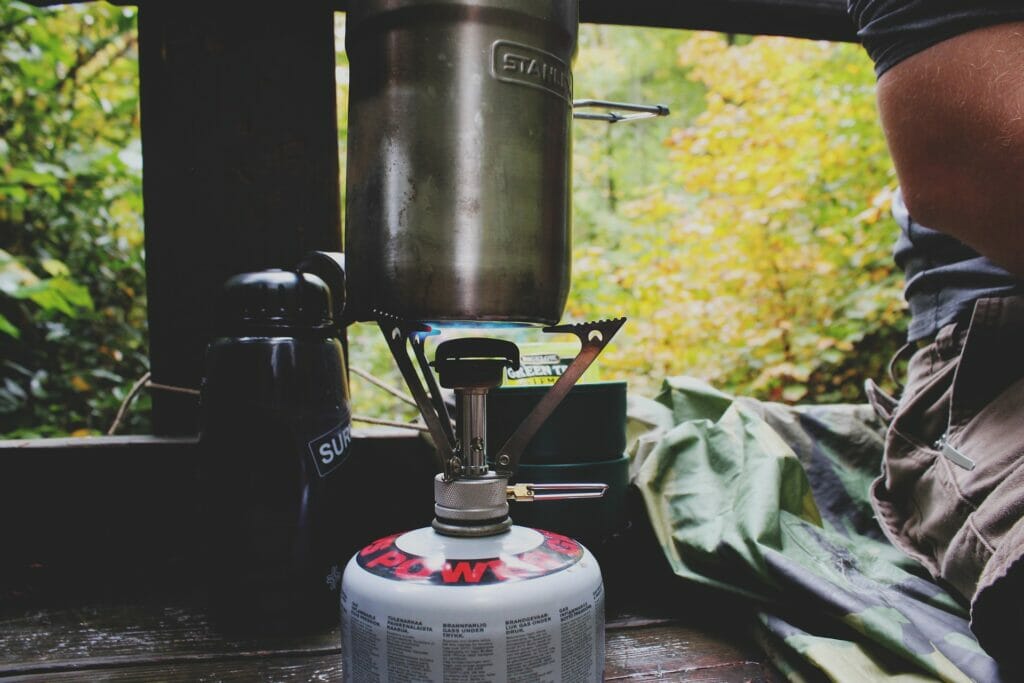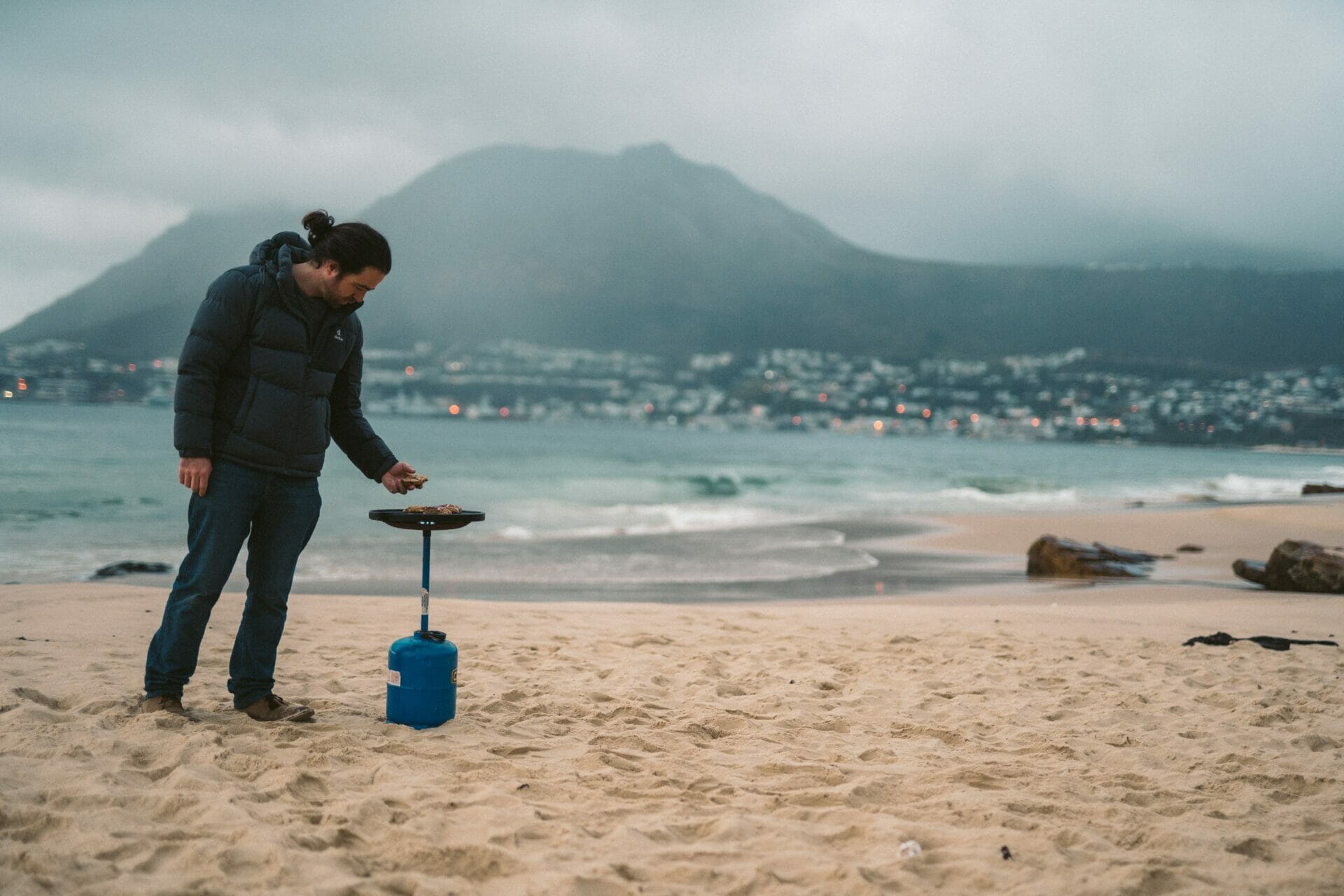Last Updated on March 27, 2023 by Mosabbir
Summertime is the perfect season for camping trips! One important thing to remember when packing for your next camping trip is how to properly setup up your camping gas canisters.
But when it comes time to pack up and head home, you need to be mindful of how to dispose of camping gas canisters you may have used. Improper disposal of gas canisters can be dangerous, so it’s important to know the right way to do it.
Here’s a quick guide on how to dispose of your camping gas canisters.
Types Of Camping Gas Canisters
There are three main types of canisters: propane, butane, and isobutane. Each type has its own set of pros and cons, so it’s important to choose the right one for your needs.
In this blog section, we’ll go over the different types of canisters and help you decide which one is right for you.

Propane Camping Gas Canisters: How To Dispose
Propane is the most popular type of gas canister for camping stoves. It’s affordable and readily available, and it works well in all types of weather.
Propane also has a long shelf life, so you can buy it in advance and always have it on hand. The main downside of propane is that it’s not as efficient as other types of gas, so you’ll go through more of it over the course of your trip.
The first thing you need to do is make sure the canister is completely empty. If there is any gas left in the canister, it could explode when you try to recycle it.
To be safe, puncture the canister with a nail or screw so that any remaining gas can escape. Once the canister is punctured, place it in a well-ventilated area for at least 24 hours before recycling.
If you’re not sure how to puncture the canister, you can also take it to a local recycling centre that accepts hazardous materials. They will be able to properly dispose of the propane for you.
Butane Camping Gas Canisters: How To Dispose

Butane is another popular option for camping stoves. It’s less expensive than propane and just as widely available. Butane also works well in all types of weather.
The main downside of butane is that it doesn’t work as well in cold weather as propane does. So if you’re planning on camping in colder temperatures, propane might be a better option for you.
Butane gas is commonly used for camping, as it is portable and easy to store. However, when it comes to disposing of butane canisters, there are a few things to keep in mind. First of all, it is important to make sure that the canister is completely empty.
If there is any gas remaining, it could leak or even explode. Once the canister is empty, it can be disposed of in a regular trash can. However, it is best to check with your local waste management company to see if they have any specific regulations for disposing of butane canisters.
Read more: Best Ways To Wash Clothes While Camping
Isobutane Camping Gas Canisters: How To Dispose
Isobutane is the most expensive type of gas canister, but it’s also the most efficient. That means you’ll use less of it over the course of your trip, which makes it a good choice if you’re looking to save money in the long run.
Isobutane also works well in all types of weather, including cold weather. The only downside is that it’s not as widely available as propane or butane, so you might have to do some searching to find it.
When disposing of isobutane camping gas canisters, it is important to follow the proper procedures to ensure that they are disposed of safely.
The first step is to call your local waste management company to find out their specific guidelines. In most cases, you will need to take the canisters to a designated drop-off location.
Once there, you will need to fill out a form that includes your name, address, and phone number. You will also need to provide the date and time that you plan on dropping off the canisters.
After dropping off the canisters, be sure to keep your receipt as proof that you have disposed of them properly.
Learn more: Motorhome Cooking Equipment & Appliances Ideas
How To Recycle Camping Gas Canisters

Most likely, if you are an avid camper, you have a few old camping gas canisters laying around the house.
These can be difficult to recycle, as many recycling centres will not accept them. However, there are a few options for recycling these canisters.
One option is to contact the manufacturer of the canister. Many manufacturers have programs in place for recycling their products. This is often the best option, as the canisters will be recycled properly and safely.
Another option is to take the canisters to a hazardous waste facility. These facilities are equipped to deal with dangerous materials, and they will recycle the canisters properly. However, this option may not be available in all areas.
Finally, you can check with your local recycling centre. Some centres will accept camping gas canisters, but others will not. It is important to call ahead or check the website before taking them to the centre.
While it may take some effort to recycle these canisters, it is important to do so. By recycling them, you will help to protect the environment and keep these materials out of landfills.
Learn more: Solar Panels vs Solar Blankets- Which is Better For Camping?
5 Safety Tips For Camping Gas Canisters
1. Check for Leaks – Before using your gas canister, check it for leaks. A simple way to do this is to apply soapy water to the connection points and then turn on the gas. If there are any bubbles, that means there’s a leak.
2. Use the Right Canister – Make sure you’re using the right kind of canister for your stove. Different stoves require different types of fuel, so using the wrong kind of canister could damage your stove or create a safety hazard.
3. Store Safely – When you’re not using your gas canister, be sure to store it safely. Keep it out of reach of children and pets, and away from heat sources.
4. Dispose of it Safely – When your gas canister is empty, don’t just throw it in the trash. Some canisters are made of recyclable materials, so check with your local recycling centre to see if they’ll accept them. Otherwise, call your local hazardous waste disposal centre to find out how to dispose of it safely.
5. Be Prepared – Always keep a spare gas canister on hand in case you run out of fuel while you’re cooking. And before you leave on a camping trip, make sure you know how to use your stove and canister properly. By following these simple tips, you can help ensure that your camping trips are safe and enjoyable for everyone involved.
Conclusion
We hope this blog post has been helpful in guiding you on how to dispose of camping gas canisters safely.
Remember, when in doubt, always contact your local recycling centre or waste management facility they’ll be more than happy to point you in the right direction.
And as always, if you have any questions or comments, feel free to reach out to us anytime!
